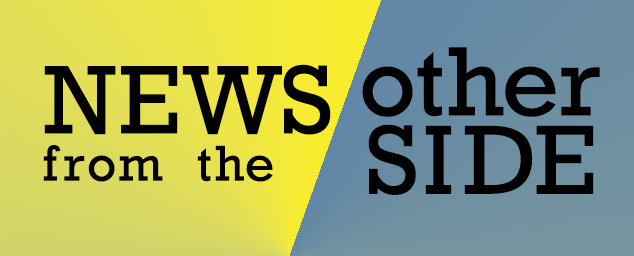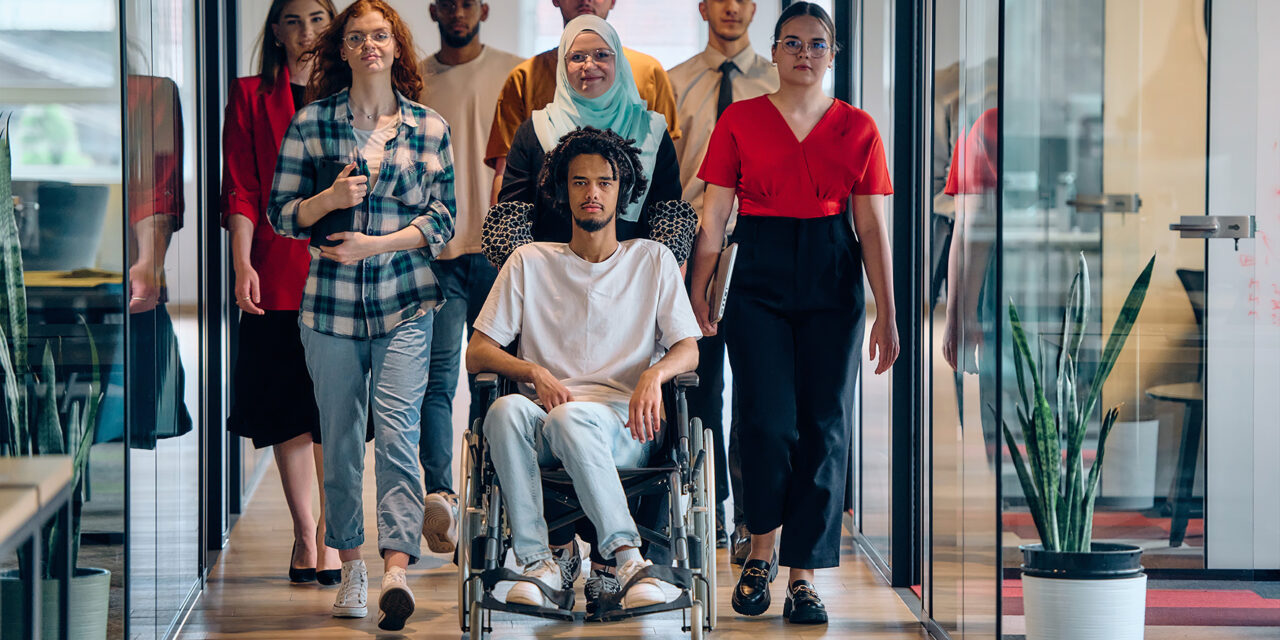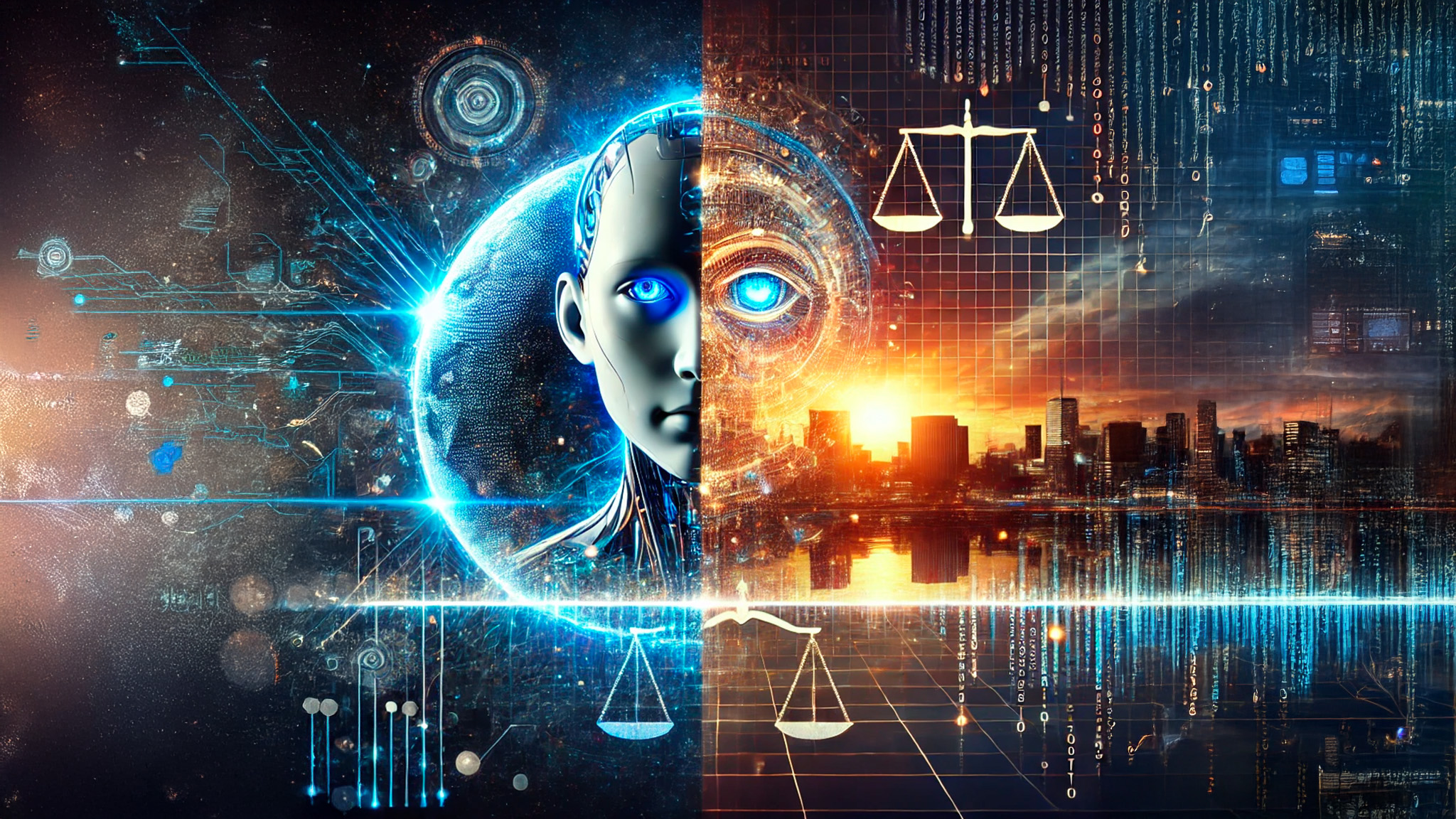Preparing for turbulent times while preserving the good of humanity requires a balance of resilience, wisdom, and compassion. We are likely facing a future of rapid change—technological disruptions, climate shifts, economic instability, and social transformations. The key to navigating this era lies in intentional preparation and an unwavering commitment to ethical values.
1. Strengthen Resilience—Individually & Collectively
Resilience is the foundation for surviving and thriving in uncertainty. This applies at both personal and societal levels.
- Mental & Emotional Resilience: Practices like mindfulness, critical thinking, and adaptability help individuals remain calm and responsive in crises. Building strong communities and support networks also helps people face challenges together rather than in isolation.
- Economic & Financial Preparedness: Encouraging self-sufficiency through skills, savings, and smart investments ensures that individuals and families can weather economic instability. Diversifying income sources and understanding emerging financial trends, such as decentralized finance and alternative economies, can provide additional security.
- Sustainable Living: Localized food systems, regenerative agriculture, and energy independence reduce reliance on fragile global supply chains. Investing in sustainability at the individual and community levels will be crucial.
2. Hold Onto Ethics & Compassion in an Age of Disruption
As the world faces technological and societal shifts, the values that define humanity—empathy, justice, and integrity—must be intentionally preserved.
- Ethical Technology Use: Artificial intelligence, biotechnology, and automation will redefine life as we know it. Rather than allowing profit-driven interests to dictate these changes, we must ensure that human rights, privacy, and dignity remain at the center of innovation.
- Restoring Community & Connection: Modern life has pushed people into isolation, but turbulent times call for stronger local communities, mutual aid networks, and deep human connection. Investing in relationships and trust can counter the fragmentation caused by political and technological divides.
- Education & Wisdom Sharing: As misinformation and propaganda spread, critical thinking and wisdom-sharing become vital. Encouraging lifelong learning, questioning dominant narratives, and fostering intergenerational knowledge transfer will help people navigate complexity.
3. Create Alternative Systems That Serve Humanity
Instead of waiting for old systems to fail, proactive efforts to build new models of living can ensure a smoother transition.
- Decentralization of Power: From finance (cryptocurrency, cooperative banking) to governance (direct democracy, localized decision-making), decentralization can help communities reclaim control from failing centralized structures.
- Regenerative Economics: Shifting from exploitative capitalism to regenerative models that prioritize people and the planet over endless growth can create sustainable prosperity.
- Spiritual & Philosophical Growth: Whether through traditional religious practices or new forms of consciousness exploration, staying connected to a higher sense of purpose helps people navigate difficult times with grace.
4. Balance Preparedness with Hope
Preparation should not be rooted in fear but in empowerment. Turbulent times often bring great opportunities for renewal. The more people step into leadership, creativity, and community-building, the more they can shape the future rather than be passive recipients of change.
The greatest safeguard for humanity is not technology, wealth, or power—it is the shared commitment to a better world, even in the face of adversity.






Recent Comments